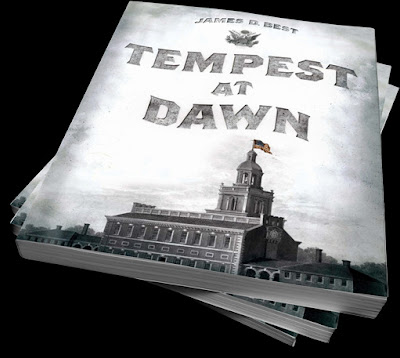 |
| Henry Miller, circa 1930 |
 |
| Planes, Trains, and Automobiles |
Die-hard Miller fans will say he had a point, but it's something along the lines of "all the world is crazy except me." Only the first part of that phrase may be true, and I expressed the point in five words.
My opinion of Miller might be biased because I think he was a jerk. Miller constantly harangued friends and acquaintances to supply his needs, and then heaped scorn on them if they complied. (This was especially true for women.) In his view, a worthy human would never kowtow to his entreaties. Much like Grocho, he didn’t want, “to belong to any club that would accept me as one of its members.”
My opinion of Miller might be biased because I think he was a jerk. Miller constantly harangued friends and acquaintances to supply his needs, and then heaped scorn on them if they complied. (This was especially true for women.) In his view, a worthy human would never kowtow to his entreaties. Much like Grocho, he didn’t want, “to belong to any club that would accept me as one of its members.”
Despite my reservations, I’ll include his writing advice
because many believe that Henry Miller was a literary giant. In typical Miller
fashion, he called these commandments.
- Work on one thing at a time until finished.
- Don’t be nervous. Work calmly, joyously, recklessly on whatever is in hand.
- Work according to Program and not according to mood. Stop at the appointed time!
- When you can’t create you can work.
- Cement a little every day, rather than add new fertilizers.
- Keep human! See people, go places, drink if you feel like it.
- Don’t be a draught-horse! Work with pleasure only.
- Discard the Program when you feel like it—but go back to it next day. Concentrate. Narrow down. Exclude.
- Forget the books you want to write. Think only of the book you are writing.
- Write first and always. Painting, music, friends, cinema, all these come afterwards.







.jpg)
.jpg)









